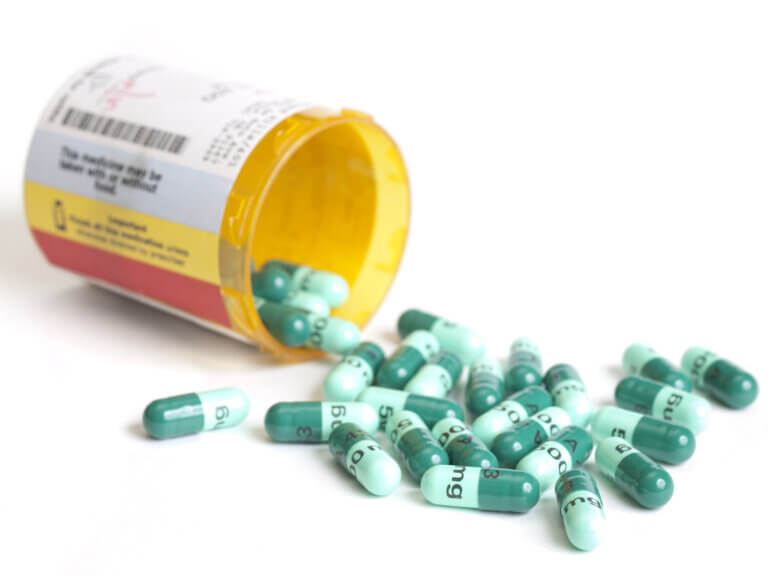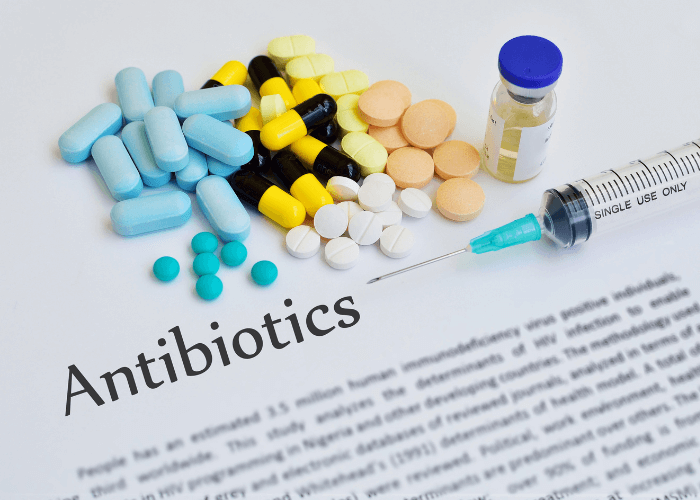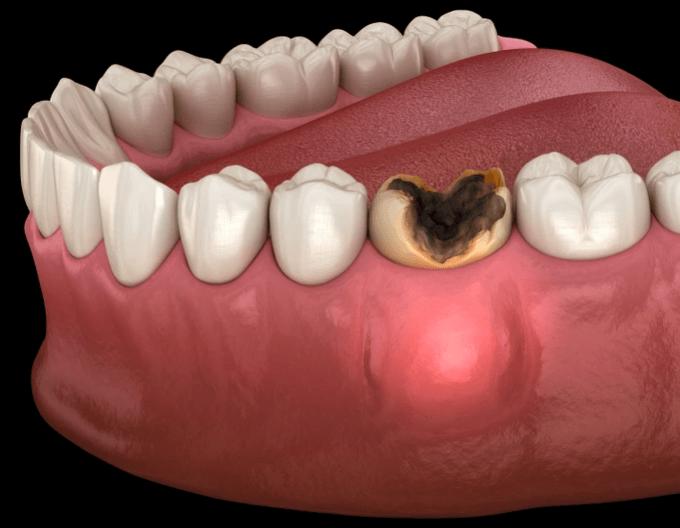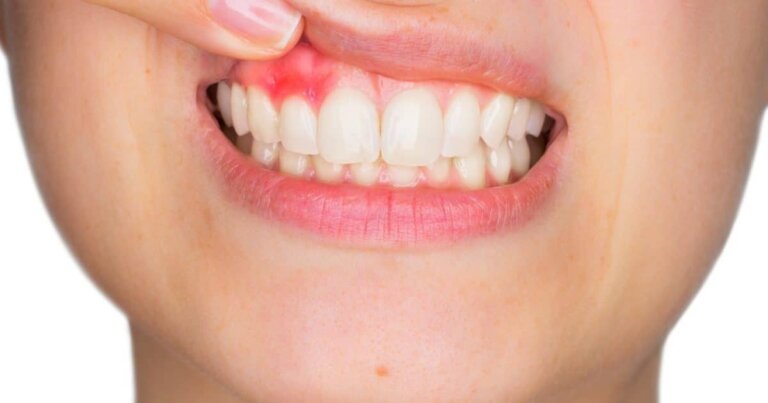Antibiotic Prescription For Dental Infection

What Are Antibiotics For Dental Infection?
Antibiotics are medications designed to eliminate bacteria or stop their growth. For dental infections, antibiotics can help manage the infection, prevent it from spreading, and support healing. However, not all dental infections require antibiotics. Dentists carefully assess each case to determine the best course of action.
If prescribed, it’s crucial to take antibiotics exactly as directed, complete the full course, and avoid skipping doses to prevent complications such as antibiotic resistance. Before deciding on whether an Antibiotic Prescription is right for your tooth infection, there are some things you should know:
- Types Of Antibiotics
- When Are Antibiotics Prescribed for Dental Infections?
- Alternative Treatments To Antibiotic Prescription
- How To Get Antibiotic Prescription For Dental Infection
- Can I Have Antibiotic Prescription For Dental Infection If I Am Pregnant?
- Frequently Asked Questions About Antibiotics
If you are interested in obtaining an Antibiotic Prescription For Dental Infection, please schedule a complimentary phone consultation with our dentist or contact us.

Free phone consultation
Have questions about antibiotic prescriptions for a dental infection? Schedule a free phone consultation with our Toronto dentist.

5 star google reviews
Our patients love us! See for yourself why people are choosing Atlas Dental in Toronto for antibiotic prescriptions.

Emergency Dental Visit
Do you have a tooth ache or dental infection and want to see a Toronto dentist? Book an emergency appointment today.
Types Of Antibiotics
Dentists typically prescribe one of the following antibiotics for treating dental infections:
- Amoxicillin: The most commonly prescribed antibiotic for dental infections, effective against a broad range of oral bacteria.
- Clindamycin: Used when a patient is allergic to penicillin or if the infection involves bacteria resistant to other antibiotics.
- Cephalexin: A cephalosporin antibiotic effective against certain oral bacteria.
- Metronidazole: Often used in combination with other antibiotics to target anaerobic bacteria, commonly found in periodontal infections.
- Azithromycin: An alternative for patients who cannot take penicillin-based antibiotics.
Always follow your dentist’s dosage instructions and complete the entire course, even if symptoms improve early. If you are interested in obtaining an Antibiotic Prescription For Dental Infection, please schedule a complimentary phone consultation with our dentist or contact us.

When Are Antibiotics Prescribed for Dental Infections?
Antibiotics are not a universal solution for every dental infection. Dentists prescribe them based on specific criteria:
- Severe Infections: If the infection is severe or has the potential to spread beyond the mouth, antibiotics are often necessary. This can include abscesses or infections that have led to swelling or systemic symptoms like fever.
- Recurrent Infections: If an infection persists after dental treatment, antibiotics may be prescribed to help the body fight it off.
- Immune System Issues: Individuals with weakened immune systems, such as those undergoing chemotherapy or living with HIV, may need antibiotics to help prevent infection spread.
- Pre- and Post-Surgery: Antibiotics may be given before or after certain dental procedures, like extractions, to reduce the risk of infection.
It’s important to consult your dentist to understand whether antibiotics are right for your specific situation. If you are interested in obtaining an Antibiotic Prescription For Dental Infection, please schedule a complimentary phone consultation with our dentist or contact us.

Alternative Treatments To Antibiotic Prescription?
Not every dental infection requires antibiotics. Here are alternative treatment options:
- Tooth Extraction: Removing the infected tooth may be the best option if it’s beyond saving.
- Root Canal Therapy: A root canal can effectively eliminate infection in the tooth pulp and save the tooth.
- Abscess Drainage: For dental abscesses, your dentist may drain the pus to relieve pressure and pain.
- Periodontal Treatment: For gum infections, procedures like scaling and root planing may be required to remove plaque and bacteria.
Pain management and good oral hygiene also play crucial roles in managing infections. Over-the-counter painkillers and saltwater rinses can help alleviate discomfort. If you are interested in obtaining an Antibiotic Prescription For Dental Infection, please schedule a complimentary phone consultation with our dentist or contact us.

How To Get An Antibiotic Prescription For Dental Infection
To receive an antibiotic prescription, you’ll need to undergo a dental examination. Your dentist will assess the infection, consider your medical history, and determine if antibiotics are necessary. If prescribed, follow up with any additional dental procedures recommended, such as a root canal treatment or extraction, to fully address the underlying cause of the infection.
If you are interested in obtaining an Antibiotic Prescription For Dental Infection, please schedule a complimentary phone consultation with our dentist or contact us.
Can I Have Antibiotic Prescription For Dental Infection If I Am Pregnant?
If you’re pregnant, dental infections can pose risks for both you and your baby. Dentists generally consider amoxicillin safe for use during pregnancy. However, your dentist will evaluate your condition to determine the most appropriate treatment. Always consult both your dentist and obstetrician before taking antibiotics during pregnancy. If you are interested in obtaining an Antibiotic Prescription For Dental Infection, please schedule a complimentary phone consultation with our dentist or contact us.

Frequently Asked Questions About Antibiotics
- When are antibiotics necessary for a dental infection?
Antibiotics are prescribed when a dental infection has spread beyond the tooth to surrounding tissues or when there is a risk of it spreading further. They are typically used alongside other treatments, such as abscess drainage or root canal therapy, to fully resolve the infection.
- Can I treat a dental infection with antibiotics alone?
No, antibiotics alone cannot cure a dental infection. They help control the spread of bacteria but do not address the source of the infection, such as an abscess or decay. Definitive dental treatment is required to eliminate the infection completely.
- What happens if I don’t take antibiotics as prescribed?
Not taking antibiotics as prescribed can result in incomplete treatment, allowing the infection to persist or worsen. It can also contribute to antibiotic resistance, making future infections harder to treat. Always follow your dentist’s instructions carefully.
- Are there side effects to taking antibiotics for a dental infection?
Common side effects include mild stomach upset, diarrhea, or allergic reactions. If you experience severe side effects, such as difficulty breathing or swelling, seek medical attention immediately. Your dentist will discuss potential side effects and any precautions before prescribing antibiotics.
It’s important to finish the full course to prevent the infection from returning and reduce the risk of developing antibiotic-resistant bacteria. If you are interested in obtaining an Antibiotic Prescription For Dental Infection, please schedule a complimentary phone consultation with our dentist or contact us.

